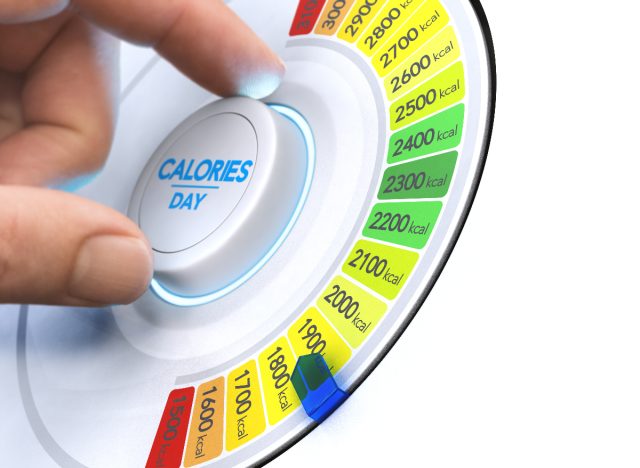Why You're Not Losing Weight Doing Cardio

If cardio is your go-to form of exercise, you likely have your routine down pat. You may start some days of the week with a brisk walk or jog, hop on the exercise bike, or hit the rowing machine. But if you're going through the motions of your cardio regimen and not seeing results, you're likely wondering, "Why am I not losing weight while doing cardio?" That's a great question, which is why we here at Eat This, Not That! spoke with Gabe Gonzalez, master trainer for STRIDE Fitness, who breaks down why you're likely not making weight loss progress, along with how you can improve your routine to see noticeable results.
Keep reading to learn more, and when you're finished, be sure to check out The #1 Daily Walking Workout To Slim Down.
Why am I not losing weight doing cardio?

If you're working your butt off waking up every morning to get in some cardio, and not seeing changes in the mirror, Gonzalez spills the fitness tea.
1. You're not being "intentional" with your cardio routine.
More recently, cardio has transitioned from the trend of short, incremental bursts of high-intensity sprints to low-intensity, steady-state cardio, Gonzalez explains. "Think of when you are arriving at the gym, setting up on your treadmill, plugging in your earphones, and hitting start," he says. "Are you being intentional with what is going to be the most effective for you to achieve your goals or are [you] trying to catch a runner's high? Both are great, but one will be optimal."
Gonzalez recommends setting your incline to the hill setting, which will be around numbers seven to 10, then walking at around 3.3 MPH for 30 minutes. "Watch your weight loss goals slowly become attainable," Gonzalez adds.
2. Your body is on cardio overload.
How often do you perform steady-state cardio? If it's part of your daily routine, Gonzalez warns you've "gone way over your limit." What does this mean? Well, your musculoskeletal response will classify this as "overload," which in layman's terms means you're overtraining.
"Take a rest day, maybe two," Gonzalez suggests. "Stay slightly active by going outdoors for an activity or a walk to cap off your night, but please don't overestimate the power of healthy recovery and plenty of sleep. (Seven hours is ideal, but maybe stretch it to eight hours on days you are able)."
3. Your daily caloric intake is off.

Now that we've addressed your cardio routine and the importance of implementing recovery days, it's time to dive into your daily caloric intake. If you're not seeing results, you might not be at a calorie deficit, which means consuming fewer calories than you torch.
"There are several metrics online that are quick and easy for you to follow a certain goal based on your sex, age, and weight," Gonzalez tells us. "There will be more thorough metric systems and diets out there, but do not overwhelm yourself, simply start simple and start small."
4. You're not consistent with your efforts.
Consistency is key no matter your fitness goal. If you're not consistent with your efforts, you can kiss progress goodbye.
"Practice and stay on your routine," Gonzalez stresses. "Like in the previous point, start simple and start small! We lose our drive and willingness to achieve our goals when we over-promise and over-commit to routines and diets that are too extreme. KISS—keep it simple stupid! Silly I know, but very effective!"
5. You haven't established a solid support system.

One of the most underrated yet extremely important aspects of achieving a weight loss goal is having a solid support system that helps you stay on track. "Check in with a family member, spouse, loved one, trainer, or whoever is tracking your journey or knows your current goals," Gonzales says. "Accountability will create healthy habits that in turn become muscle memory and you do without even thinking about it. A community that loves and encourages and unlike any other community, creates healthy habits for you but fosters it for the people close to you and for people you may not have realized you have affected in the process. Stay the course and enjoy the beauty in the work!"









